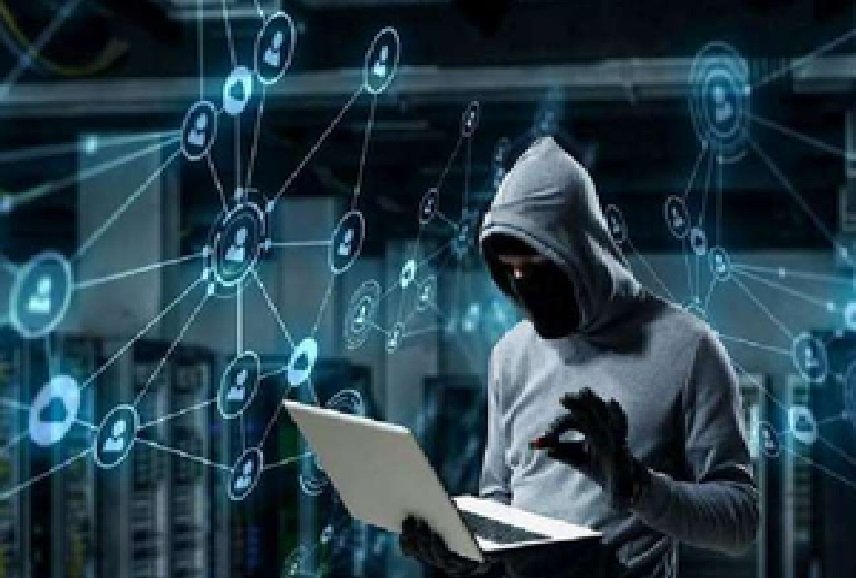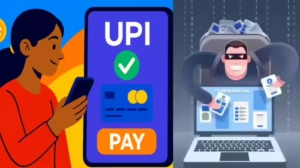Department of Telecommunications to deal with cyber fraud soon

New Delhi| In recent times, citizens have been receiving many fraudulent calls, which often appear as Indian mobile numbers. In fact these calls are made from manipulation by cyber criminals operating from abroad. These criminals take advantage of Calling Line Identity (CLI) to hide the real origin of the call, which leads to incidents including disconnection of mobile numbers, threats of fake digital arrest.
In view of the growing threat, the Department of Telecommunications (DOT) in collaboration with Telecom Service Providers (TSPs) has launched an advanced system designed to identify and block incoming international fake calls before they reach Indian telecom customers.
This system is being implemented in two phases. First, at the TSP level to prevent fake calls from phone numbers of its own customers and second at the central level to prevent fake calls from customers’ numbers from other TSPs. So far, all four TSPs have successfully implemented this system. Nearly a third of the total 4.5 million spoof calls are being prevented from getting into the Indian telecom network. The next step will involve a centralized system, which will eliminate the remaining spoof calls in all TSPs. It is expected to be operational soon.
However, fraudsters keep adopting and creating new methods to deceive the public. The Department of Telecommunications is taking timely steps to protect telecom users when these new methods are reported. In this era of rapidly developing technology, the Department of Telecommunications has taken several steps to make the telecom ecosystem safe and secure.

However, despite these strong security measures, there may still be cases where fraudsters succeed in other ways.
In such cases the Department of Telecommunications encourages citizens to report suspected fraudulent communications, to help the Department of Telecommunications identify and prevent cyber crime, misuse of telecom resources for financial fraud.
It will also help protect citizens from pseudo-identification, exploitation and take proactive action against potential threats.








